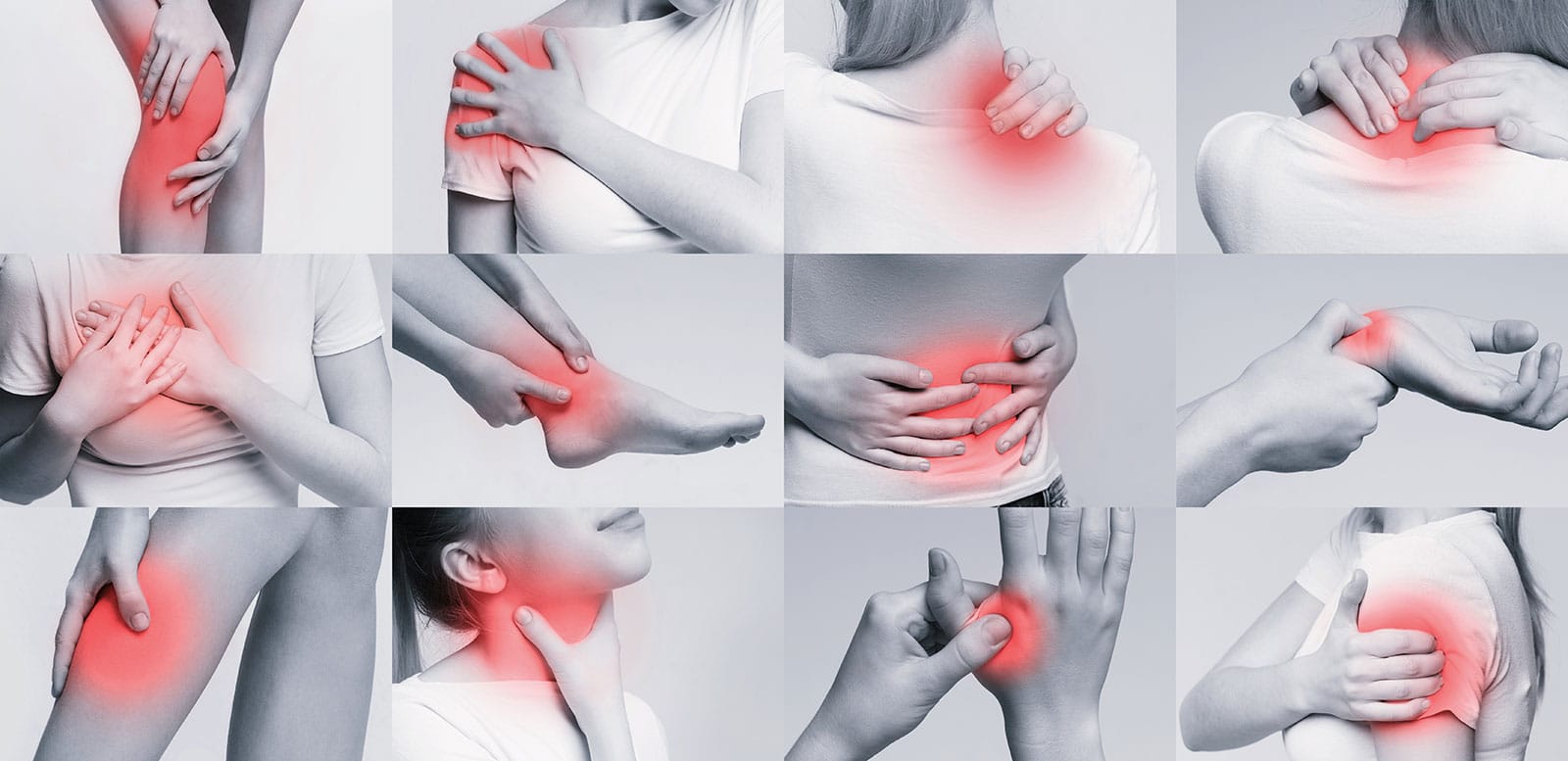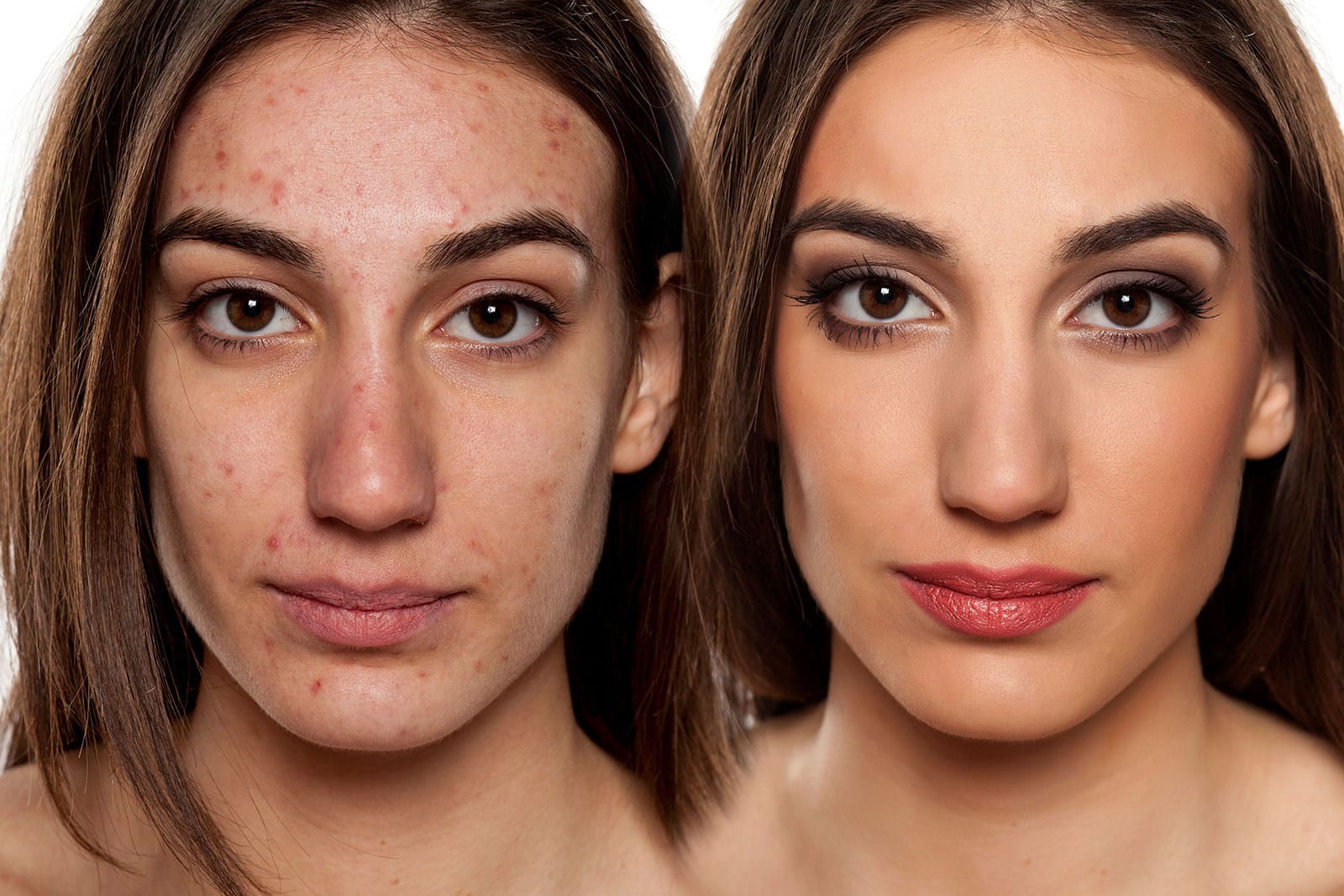Medication Assisted
Detox and medication-assisted treatment only help to stabilize patients medically and ease the transition from substance dependence to full recovery.
MAT Drug Rehab Centers in New York
As addiction is a chronic illness, recovering addicts often relapse. The risk of a relapse is attributed to long-term neurological changes in the brain. The rewiring caused by substance use does not completely revert to normal after detox or rehab. Although psychotherapy can influence the outcome of treatment, it may not be enough.
Medication-assisted treatment (MAT) plays a major role in preventing relapse and help recovering addicts stay clean for longer periods. Over the years, medications that are more effective have been developed to aid in addiction treatment. These medications supplement other interventions and are based on the severity of the addiction.
They help manage withdrawal symptoms, prevent relapse, and treat co-occurring conditions. When combined with psychotherapy, medications help to ease the mental and emotional hurdles of addiction treatment and break the chains of physical dependence.
On the downside, some medications carry risks even though they can be very useful in managing the pain of withdrawal during detox and addiction treatment. For this reason, medications used in MAT must pass years of rigorous tests and clinical trials before they are FDA-approved. This has helped to lower the burden of side effects. Research shows that MAT is clinically proven to help prevent relapse, overdose, and lower the death rate among addicts by over 50%.

How MAT Works in Addiction Treatment
The addictive nature of many substances rewires the brain’s pleasure and reward centers. Opioids such as oxycodone, heroin, fentanyl, Percocet, and Vicodin attach to certain brain receptors where they ignite neurotransmitters and send signals that block pain, slow breathing, and promote a feeling of calmness associated with drug high.
Though their precise mechanisms of action vary, they generally restore balance to the neurochemical processes that have been disrupted by substances. They are also safer alternatives for opioids as they do not have the same negative effects. These medications also relieve physiological cravings. At present, there are no FDA-approved medications to treat cocaine, methamphetamine, and cannabis dependence.
New York Medication Assisted Treatment Programs
Detox is not the end of addiction treatment, but only the first step in the process. Medications help suppress withdrawal symptoms common during detox. Addiction to more than one substance requires treatment for all of the substances used. Medications help restore normal brain function and decrease cravings. Medications are used for the treatment of opioid (heroin, prescription pain relievers) addiction, tobacco (nicotine), and alcohol addiction.
- Opioids: Methadone, buprenorphine, and naltrexone are used to treat opioid addiction. By binding to the same targets in the brain as opioids, methadone and buprenorphine suppress withdrawal symptoms and relieve cravings without the usual high. On the other hand, Naltrexone blocks the effects of opioids at their receptor sites in the brain and is only used in patients who have already been detoxified.
- Tobacco: The U.S. Food and Drug Administration (FDA) approved Bupropion and Varenicline to treat nicotine addiction. Although both work differently in the brain, they help prevent relapse in people trying to quit. Both drugs are used in Nicotine Replacement Therapy (NRT) to replace the nicotine obtained from smoking. NRT prevents withdrawal symptoms and improves smoking cessation outcomes. Formulations of the medications are used in a transdermal nicotine patch, nicotine gum, nicotine lozenge, nicotine vapor inhaler, and nicotine nasal spray.
- Alcohol: Chronic dependence on alcohol can result in periods of severe withdrawal syndromes, including increased heart rate and blood pressure, anxiety, seizures, and delirium tremens, which can result in death. Medications for alcohol withdrawal syndromes include Benzodiazepines. During detox, Benzodiazepines are given in decreasing amounts to prevent seizures and delirium. Benzodiazepines are used in short-term control of alcohol dependence because physical tolerance on these medications is a risk. It can also result in dangerous interactions if patients using benzodiazepines relapse into alcohol use.
Three medications that are FDA-approved for treating alcohol addiction are:
- Naltrexone: blocks receptors that are involved in the rewarding effects of drinking alcohol. It is highly effective in reducing relapse to heavy drinking.
- Acamprosate: eases symptoms of long-lasting withdrawal, such as insomnia, anxiety, restlessness, and dysphoria.
- Disulfiram: discourages drinking. It causes a recovering alcoholic to experience unpleasant reactions that include flush skin, nausea, and irregular heartbeat if they drink alcohol.
- Co-occurring disorders: Some medications help treat mental conditions, like depression or anxiety, which may be the root cause of addiction. Treatment is integrated or closely coordinated with addiction treatment. Medications are only prescribed after patients have been stabilized.
Find Medication Assisted Treatment in New York
Recovering addicts who do not receive any further treatment after detox usually relapse. They need active psychotherapy and behavioral treatment in addition to these interventions to remain free from substance addiction.
You may require a medication-assisted treatment to break free from substance addiction. However, you cannot say for sure until you consult an addiction treatment expert. For New York residents, Mid Hudson Addiction Recovery has made it easy to get help without having to travel out of state. Call our addiction helpline today for more information.
Addiction Resources for New York
Residents of New York searching for addiction help now have plenty of resources to fight substance abuse. Our team of professionals is here to guide and support you during this difficult time. We work with a variety of Hudson Valley addiction treatment programs personalized to fit your needs:
- Heroin Rehab in New York
- Heroin Detox in New York
- Alcohol Detox in New York
- Alcohol Rehab in New York
- Drug Detox in New York
- Drug Rehab in New York
- Crack Cocaine Rehab in New York
- Xanax Rehab in New New York
- Xanax Detox in New New York
- Fentanyl Detox in New York





